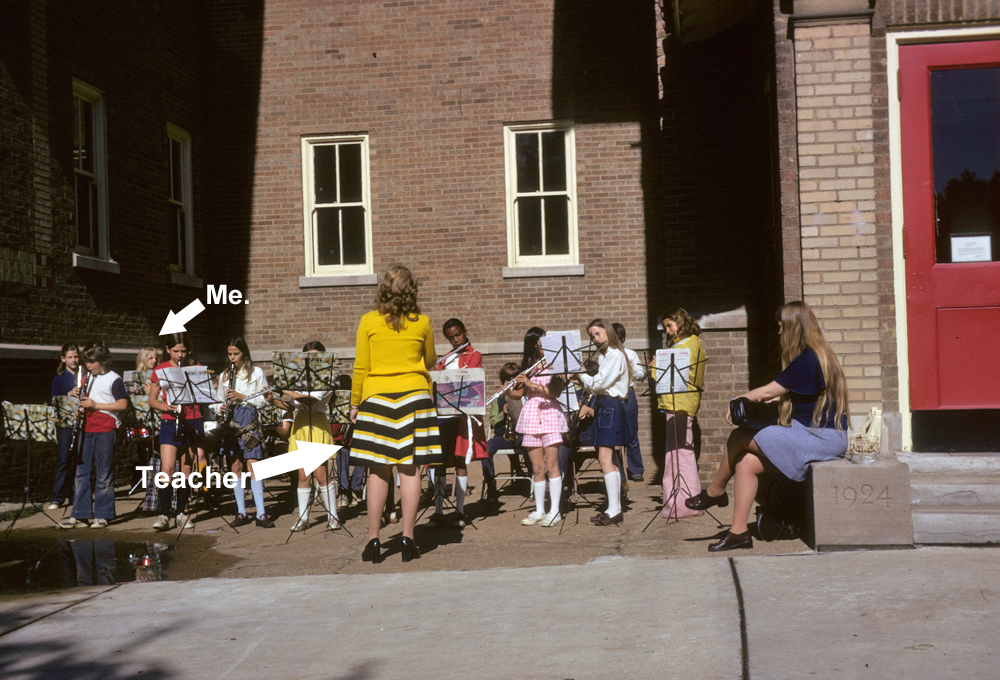Just in time
 More than any other time of year, the New Year reminds me of time. I’m not one to mourn each of my birthdays (far preferable to the alternative, I always say), but whenever January 1 rolls around I become more conscious of time.
More than any other time of year, the New Year reminds me of time. I’m not one to mourn each of my birthdays (far preferable to the alternative, I always say), but whenever January 1 rolls around I become more conscious of time.
I’d much rather reflect on the past than dwell on the future. This time of year, when time slows down for most because we spend less time working and more time choosing what to do with our time, I finally get some time to look back. Looking ahead makes me anxious; looking back gives me comfort. Maybe it’s because I find it harder to remember the details of things negative, but the past to me is always positive. The future can be full of great plans, and “planning” is inevitably packed with deadlines and unrealistic expectations. I tend to take the future as it comes, using common sense as my guide towards a sunny, broad horizon.
Piping things are always dependent on time. There are plenty of things that I’d like to do, but whether I have the time generally dictates whether I’ll actually commit to doing them. More and more, as time marches on, pipers and drummers have to pick-and-choose. Solo competition gives way to bands, bands give way to family, teaching gets squeezed in around work . . .
The Victorian novelist (and inventor of the pillar mail box) Anthony Trollope wrote most of his 45 500-plus-pages novels during his 15-minute coach commute to and from work at the post office. He chose to use that time for his own pleasure, which happened also to be to the pleasure of many others.
“Where do you find the time?” is by far the question I’m asked the most regarding pipes|drums. Time is everywhere; you just need to know how to find it, and choose to use it in certain ways.
Nothing focuses the mind like a deadline, they say. I guess it’s a paradox: I’m far less productive when I’m not busy. I like sitting around doing nothing as much as the next person, but generally I’ll resist doing nothing unless I plan to do nothing, like on vacation or that wretched necessity called sleeping. When I have the time I tend to waste much more of it. If you want something done, give it to a busy person.
For 2011, here’s to good use of time – and, while we’re at it, a damned good time.


